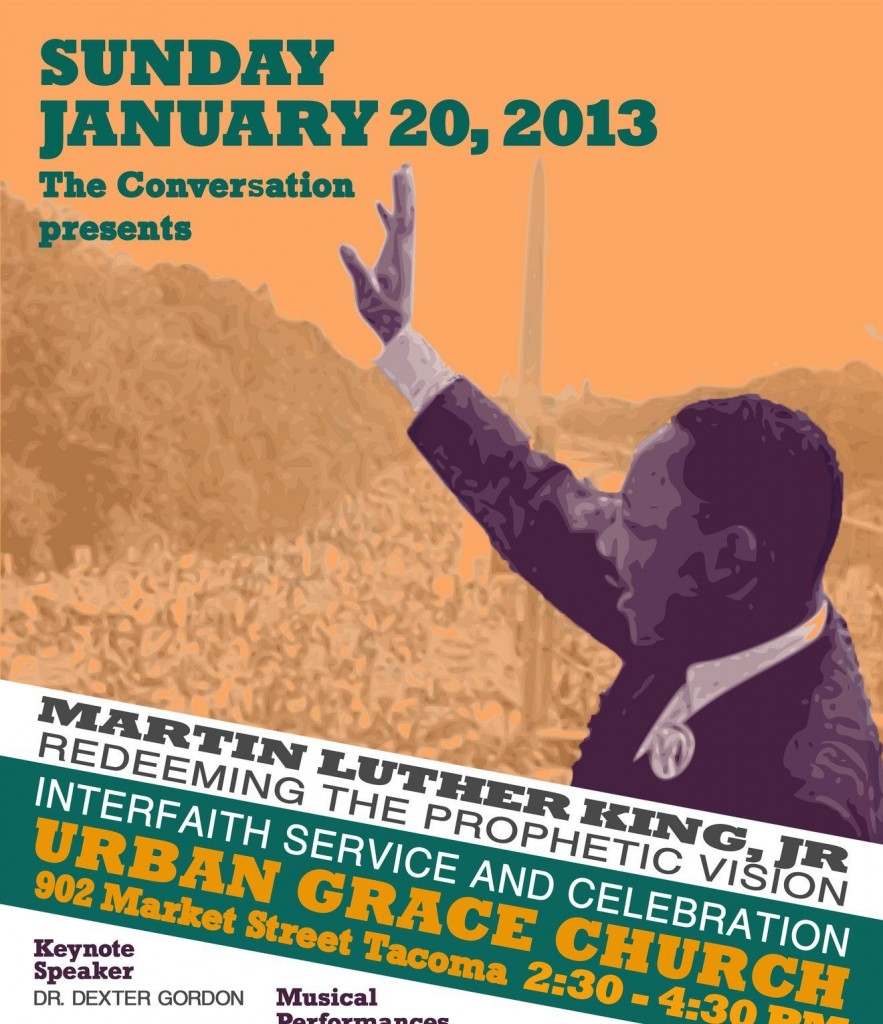Third Rail Inquiry: Learning, In, Through, and For Community, Part II

The Conversation has expanded my understanding of third rail inquiry. First, this group values the story as a way of knowing. Each week we begin with a ten-minute personal anecdote. Often our stories disclose the psychological burden of living the color line, but they can capture any dimension of our experience, any encounter or event that shapes how we see the world. Narratives highlight “intersectionality,” not for its theoretical caché, but because that is how social categories are lived. Personal stories are juxtaposed with topical scholarly texts and presentations from activist experts on current conditions and events, sometimes in the South Sound, sometimes elsewhere. Stories, texts, reports, films, and images generate “talk-back,” questions, reformulations. A scholarly account might support or might question personal anecdote or activist testimony. Whether they converge, conflict, or overlap, multiple discourses produce new understanding, disclosing the complexities of our social location and our myriad commitments.
Second, the Conversation values diversity as a resource for principled inquiry. The Conversation has always been intentionally multi-racial and multi-ethnic. Our stories reveal that our economic circumstances are also diverse. Some grew up prosperous and middle-class, some working-class, some poor; most of us have encountered hard times, but many have not had access to resources that could lessen their impact. We are multi-generational: our youngest participant is 12, our oldest, 90. All the decades in between are represented. We all support the arts and education, but our professions vary: we are musicians, playwrights, small business entrepreneurs, teachers at every educational level, and administrators in government, education, and non-profits. Our commitment to resist homophobia and the silences it imposes has driven some away and given others a site for expression. Differences in class, income levels, national origin, gender, sexual orientation, religious faith, and wisdom traditions intersect with racialized experiences, shaping our questions, topics, projects, and ways of knowing.
Third, we are not just acquiring information or substituting one viewpoint for another; we are learning how and what to unlearn. Most of us have no roadmap for that sort of inquiry. Any discourse about race will be fraught, enveloped in assumptions we have not yet unpacked and perspectives we don’t even know we hold. All of us can change, but not without ongoing effort, not without setbacks. We will experience discomfort; we will say the “wrong” thing. We will speak up when we don’t really know what we’re talking about, or remain silent instead of confronting and engaging. We will discover that we have jettisoned inherited traditions that might feed us and hung on to others that cannot. Shaking off our cultural conditioning is never pain-free. The art of unlearning trains us to see painful “mistakes” as opportunities to displace “the given,” our habitual way of seeing and responding to the world. Unlearning is integral to learning anew.
Just as inquiry is the heart of writing, so third rail inquiry is the heart of a communal re-imagining of our world. And to go beyond imagining to modeling the just, open, compassionate world we seek, communities of learning must also honor and implement story, diversity, and the art of unlearning.
— Callista Brown, Department of English




